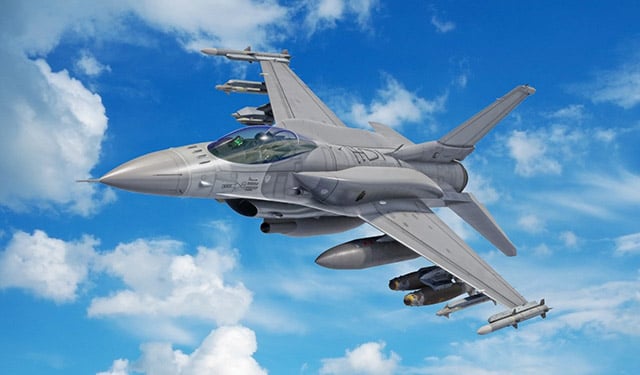US lawmakers in Congress are trying to curb the approval of the sale of new F-16 fighter jets to Turkey. In a cross-party letter, which is currently being collected, US lawmakers are urging Secretary of State Anthony Blinken to oppose both the acquisition of new F-16 fighter jets and the upgrading of existing ones. This initiative belongs to MPs Chris Pappas, Gus Bilirakis, and Carolyn Maloni and enjoys the support of the Armenian National Committee of America, the Hellenic American Leadership Council (HALC), the American Jewish Committee (AJC), the American Friends of Kurdistan, Hindu American Foundation and the Middle East Forum.
Earlier this month, it was reported that Turkey had requested the purchase of “40 Lockheed Martin F-16 fighter jets and the modernization of almost 80 of its existing fighter jets.” On October 17, Turkish President Recep Tayyip Erdogan told reporters that the United States had “offered to sell a batch of F-16 fighter jets,” but the alleged sale has not yet been confirmed.
US lawmakers warn the Secretary of State that a possible upgrade of Turkish F-16s carries risks due to the fact that Ankara continues to possess the Russian S-400 system.
Below is the full text of the letter:
Read also
Dear Colleague,
We invite you to join our bipartisan letter to Secretary of State Antony Blinken in opposition to the reported Letter of Request (LOR) from Turkey to purchase 40 F-16 fighter jets and dozens of modernization kits for its existing warplanes from the United States.
In 2017 Congress adopted and the President signed into law the Countering American Adversaries Through Sanctions Act (CAATSA). While CAATSA was progressing, and despite the intent of Congress abundantly clear, Turkey announced that it would purchase the S-400 surface-to-air missile defense system from Russia. Despite nearly three years of attempts to find a solution that would prevent Turkey from being in violation of CAATSA, Turkey persisted with its acquisition and activation of the Russian S-400s and CAATSA sanctions were imposed.
On October 17, Turkish President Erdogan told reporters that the United States “has proposed the sale of a batch of F-16 fighter jets.” One of the reasons Congress insisted on Turkey’s ejection from the F-35 program was because of the significant risks associated with collocating S-400s and F-35s. Experts have noted that providing Turkey modernization kits poses similar collocation risks if Ankara continues to possess Russian S-400s.
The United States cannot allow the Erdogan government to escape accountability for violating U.S. law and the standards of the NATO alliance.





























































